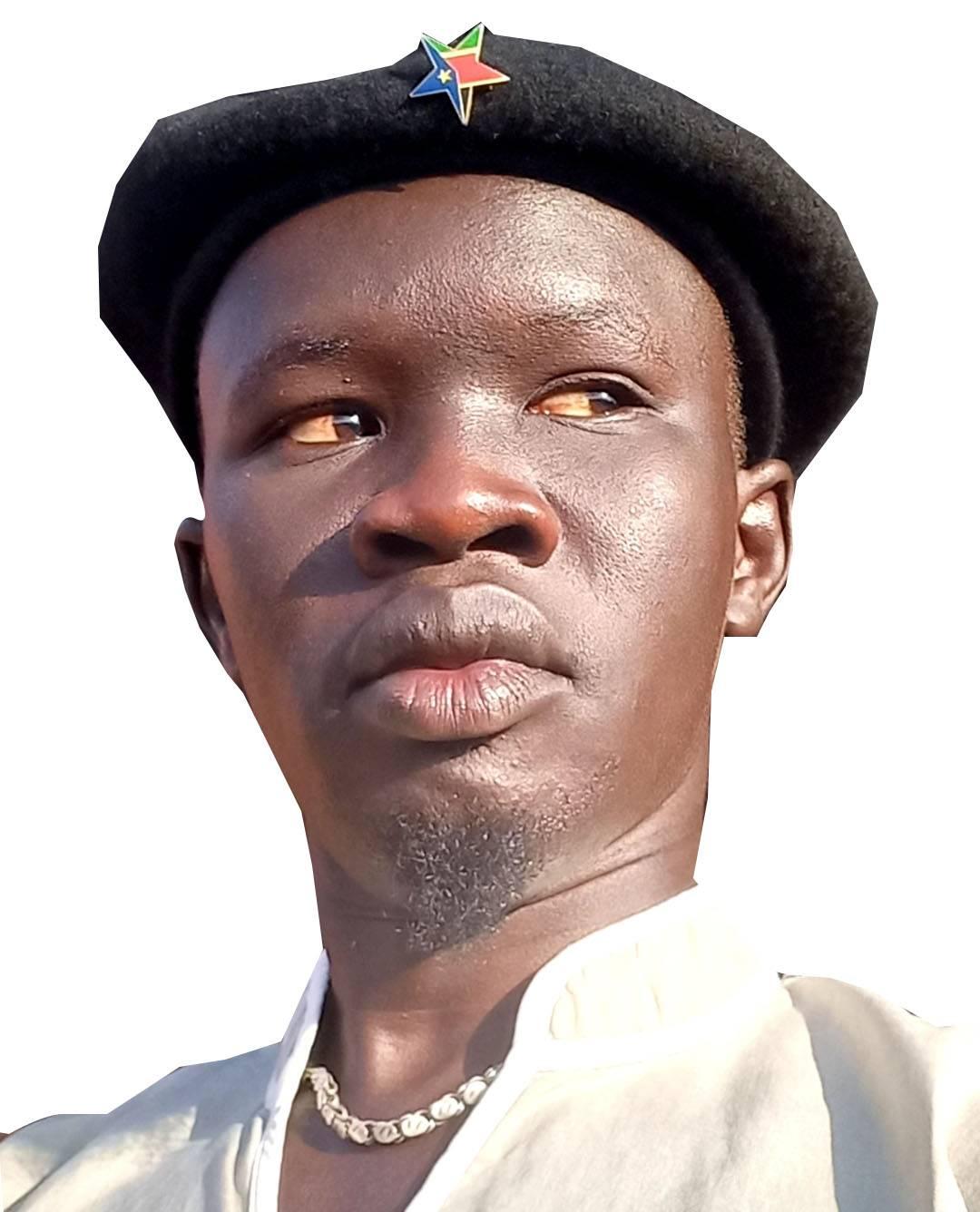Whether the sun is setting on the current regime or its members are fixing a supporting pole is unclear. There is a problem everywhere in South Sudan, yet no one is providing a solution. Everyone—including those who claim to possess divine powers in problem-solving—has taken a back seat. South Sudan is like an airplane experiencing engine failure. The pilot, co-pilot, and crew members engage in a fierce fight, and the plane flies unpiloted, full of passengers.
Honestly, South Sudan is governing herself. The leaders have long quarreled over who should lead and who should follow, forgetting that it is the citizens who choose the president. There is a chronic greed for power in South Sudan, and such insatiable greed will never allow the country to thrive. While power struggles existed during the civil war, the rate at which the liberators fight over power after independence is exponentially worse.
After independence, the liberators were like cows restrained for 21 days and then released into a grazing field. They devoured everything and are now consuming what belongs to their children. Was South Sudan liberated for the liberators only? No—it was liberated for all. When wolves chase prey, they do so with sacrifice, commitment, and determination, much like South Sudanese committed themselves to the liberation struggle.
But when the prey is caught, they eat it all—leaving nothing for the wounded wolves, the families of those who died, or for future generations. Yes, wolves are wolves, but human beings should act with conscience. Liberators should have realized that every country has its liberators, but the nation is always for everyone—not just the liberators, as is the case in South Sudan.
When it comes to oil revenues, the liberators divide the money among themselves and consume it all. When it comes to gold, diamonds, nickel, and uranium mining, the miners are their relatives, and the liberators become the Central Bank into which the profits are deposited. Regarding land ownership, every liberator owns an 80 × 80 plot in every residential area—making up 60% of the land under their control.
When it comes to employment, relatives, friends, and in-laws of the liberators hold multiple jobs, occupying positions that should go to others and worsening the unemployment crisis.
When it comes to scholarships, it is the same story—relatives, friends, and in-laws of the liberators are the ones going abroad on government scholarships, blocking deserving scholars. Even when a scholarship is restricted to the most vulnerable students, government officials still award it to their children—children whose distance from vulnerability is a thousand kilometers.
When it comes to elections, every candidate is a liberator, a freedom fighter, or an army general. A candidate without a military background is viewed like a hornless cow.
You see, liberators have made themselves more South Sudanese than others. They seize every opportunity in the name of having liberated the country. The only opportunities they give to the children of civilians are deployment to Nasir or to disputed areas.
So, what is this? If the leaders must loot the country, they should do so in peace and leave the poor citizens to die of hunger—rather than by bullet or airstrike.

